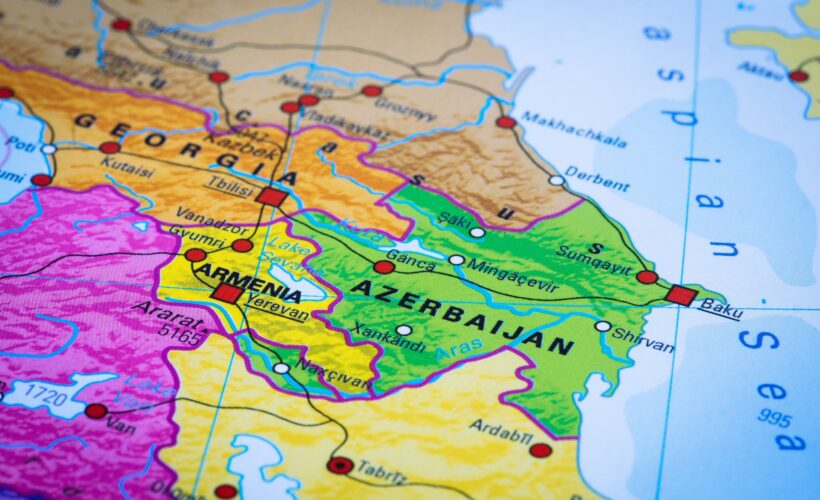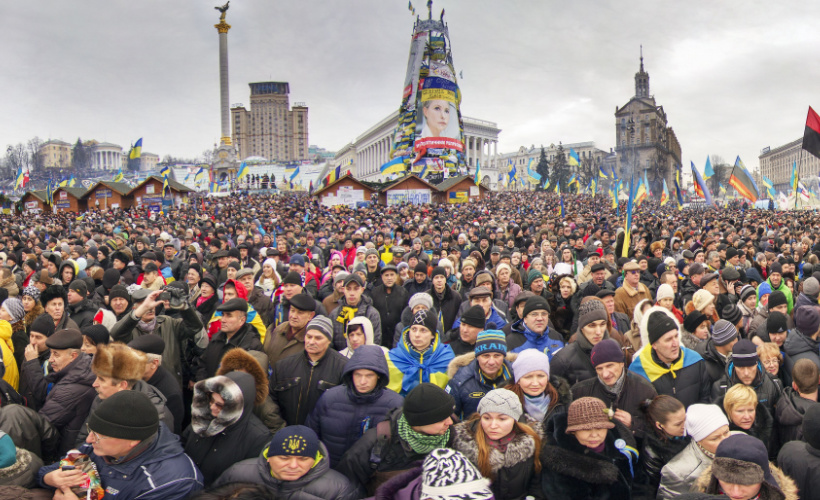By Dr Donatas Kupciunas, Baltic Fellow
On 20 October, Rt. Hon. Charles Clarke was joined by three experts to discuss Kaliningrad – an ‘unsinkable Russian aircraft carrier’ surrounded by NATO territory.
Kaarel Piirimäe, Associate Professor of Contemporary History at the University of Tartu, gave a detailed explanation of how German (Prussian) Koenigsberg became Russian Kaliningrad. Piirimäe observed that Prussia had a bad reputation among western Allied leaders during the Second World War. Anthony Eden, for instance, called Hitler an example of Prussian militarism and called for the destruction of ‘Prussianism’. This view was also shared by president Roosvelt in the US. The Soviets, on their part, put forward their claim to Koenigsberg in the conference of Teheran. There was no agreement, and Stalin ultimately solved the issue unilaterally. Treaty between USSR and Soviet Poland of July 1944 assigned Koenigsberg and its region to the Soviet Union, and Danzig region to Poland. 150,000 Soviet troops took part in the battle for Koenigsberg, supported by Allied bombing raids. The city was finally taken by the Soviets in April 1945, after fierce and gruesome battles, which left the city almost completely destroyed. Soviet takeover was followed by plunder, mass rapes and other war crimes. The Allied conference at Potsdam only ratified the fact of Russian annexation. German inhabitants who stayed in the city were deported to Germany two years later and were replaced by Russian immigrants. The name of the city was changed to Kaliningrad in 1946. Kaliningrad became a closed military base, opened to visitors only in 1987. The city remained in ruins for decades after the war. It took 40 years for the city’s population to reach its pre-war numbers.
Stefan Wolff, Professor of International Security at the University of Birmingham, then focused on the geopolitics of Kaliningrad after 1990. According to Wolff, Kaliningrad is a leverage point of Russia that it can use against Lithuania and the West, and its importance for Russia will only increase after Sweden and Finland join NATO. In the context of Russia-Ukraine war, Kaliningrad also becomes a potential avenue for further escalation. It is unlikely, however, that Putin is looking for an open confrontation with NATO, also because Kaliningrad is vulnerable to Western pressure, as shown by Lithuanian attempts to cut off Kaliningrad transit. Clashing over Kaliningrad would be dangerous for both sides as this could trigger a direct war between Russia and NATO.
Sir Stuart Peach, former Chief of the Defence Staff and Chairman of the Military Committee of the NATO, stressed the continuity between Russification policies of the Russian Empire, the Soviet Union and the Russian Federation, whereby places and peoples are made Russian to suit geo-strategic purposes of the state. In its recent attempt at Russification in Ukraine, Russia is continuing to fail to meet its strategic objectives, and competence of Russian military machine is in doubt. This raises concerns over Kaliningrad becoming the next point of friction. All these security issues underline the importance of NATO and require improvement of readiness and interoperability of its forces.







